Legacy Giving
“What can I offer the Lord for His goodness to me?”
(Psalm 116:12)
What is Planned Giving?
Legacy giving, otherwise known as bequest or planned giving, enables you to continue your support of the mission of the Catholic Church in Singapore after death. By working with your lawyers to make special provisions in your will, bequests to Catholic Foundation can be made for your legacy to be left for the Catholic Church. It is a contribution that is planned for and funded during the donor’s lifetime, but only received after the donor’s passing. Legacy giving allows you to indicate the type, amount and timing that the Church receives the specified contribution, after having considered family and other requirements.
Therefore, legacy giving allows donors to fulfil their stewardship call beyond their lifetime and ensure that their God-given resources continue to support the work of the Church in a tangible way.
Types of planned gifts can include:
- Cash
- Marketable securities or assets
- Life insurance
- Central Provident Fund (CPF) monies
- Properties
Love is My Legacy: A Talk on Legacy Giving
Organised by Catholic Foundation and Caritas Singapore, this talk shared about how leaving a legacy behind can help to build the Church and continue her mission. Watch the full recording of the talk to learn more about legacy giving.
Why should every Christian consider planned giving?
Called to be faithful stewards of God’s resources, every Christian is challenged to look into the needs of the Church. Leaving a legacy through the planned disposition of your accumulated assets can be a powerful statement, one that declares your gratitude to God for His blessings and your desire to return them to Him for the benefit of others.
In choosing a cause that you hold dear and stewarding your resources wisely, you can decide now how to share with others what God has blessed you with, so that you can do good well into the future, even after you have returned to the Lord.
Your example of generosity may inspire others to do the same, so that as one Body, the faithful can continue to support the long-term operational and building needs of our archdiocese, and enable the Gospel to touch more people in Singapore.
In addition, such planned giving does not affect your current finances or responsibilities, since your gifts will only be transferred after you have passed on.
How to leave a legacy for the Church
There are several ways that are available for you to leave your planned gifts to the Church through the Catholic Foundation.
Frequently Asked Questions (FAQs)
Still have questions regarding legacy giving? Here are some frequently asked questions and our responses.
If you have further clarifications, you can call us at 6338-0348 or email us at [email protected] and we will get back to you as soon as we can.
It is preferable that you inform Catholic Foundation of your intent as this will assist us in our planning and allow us to assist you should the need arise.
As such, we ask that you spare a few moments of your time to fill in the “Legacy Contribution Form” here to notify us of your intent.
Please call us at 6338-0348 or email us at [email protected]. We will help to refer you to a team of pro-bono legal experts who will be able to assist you with your requests.
If you wish the change the amount or the composition of your GIFT, you may do so by amending your Will or by amending the respective CPF or Life Insurance nomination instructions.
If you wish to leave the Church your CPF monies, you will need to make a separate CPF nomination as, under the CPF Act, your CPF monies are not covered under your Will.
Please be informed that your CPF nomination is automatically revoked upon marriage. As such, should you still wish to leave your CPF monies to Catholic Foundation, you will need to submit a fresh nomination.


 Clarice Chan, Chairwoman, Original Minds Group
Clarice Chan, Chairwoman, Original Minds Group


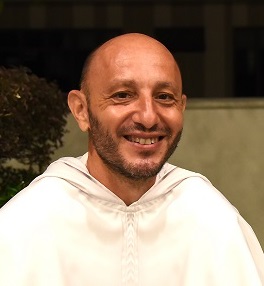
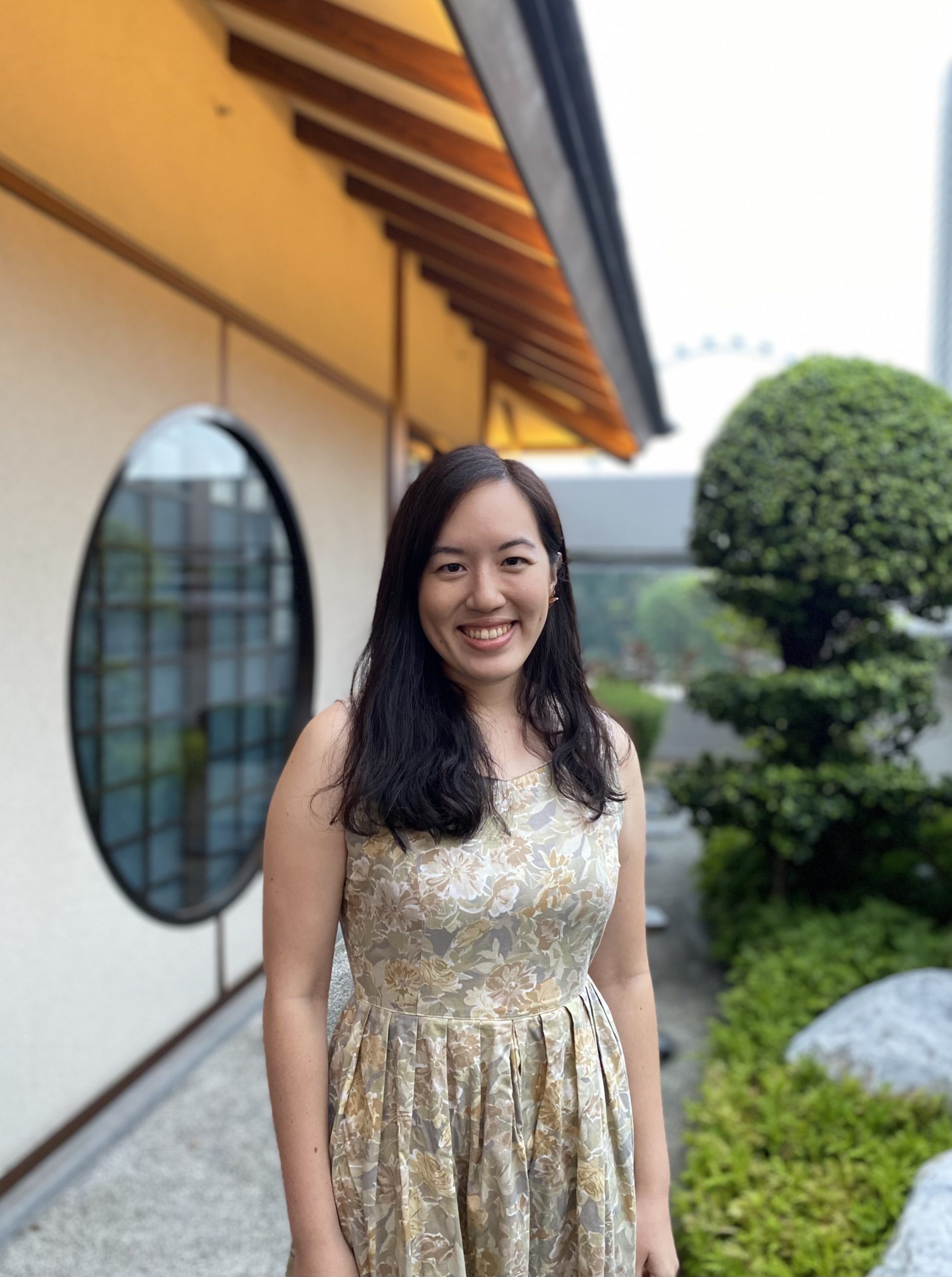

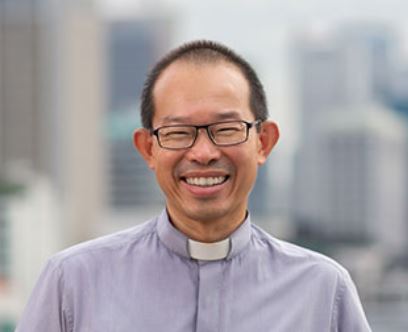
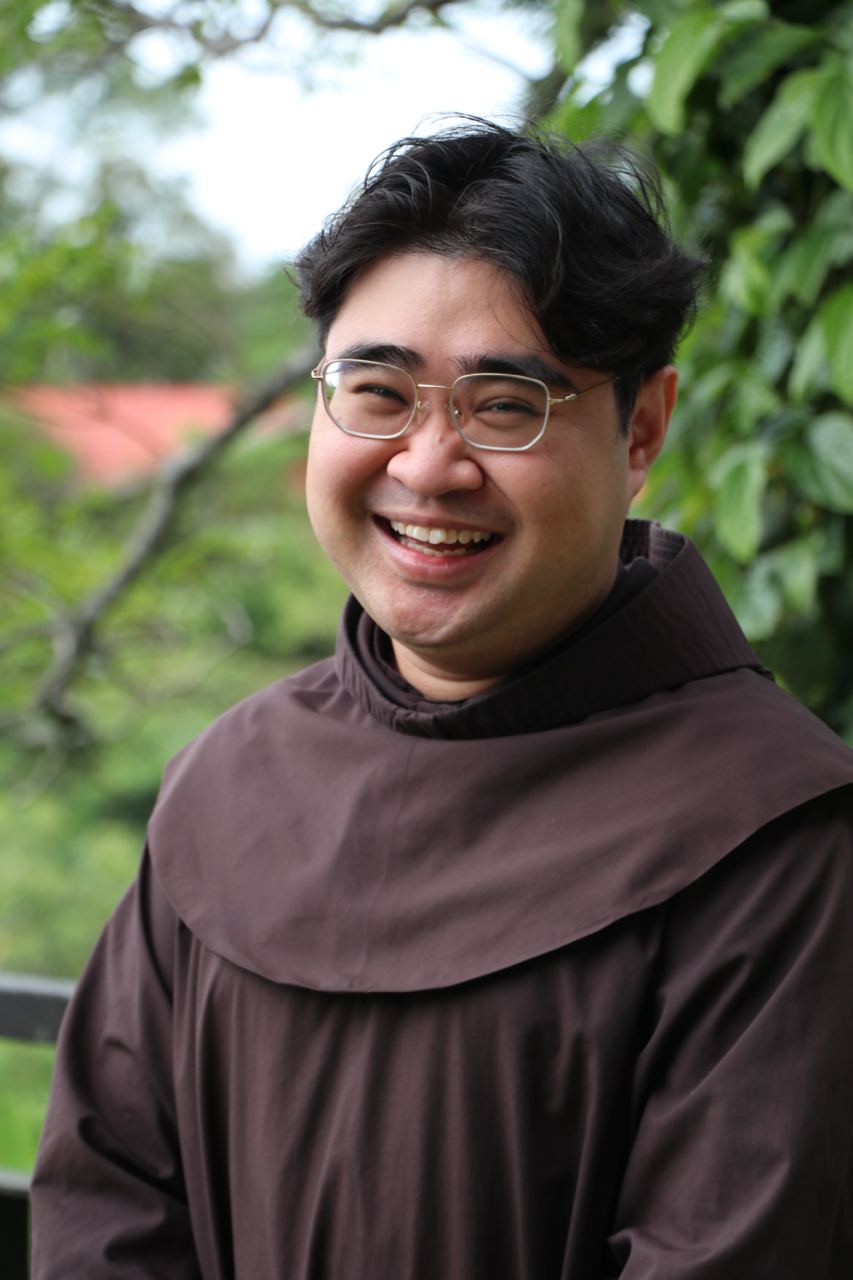

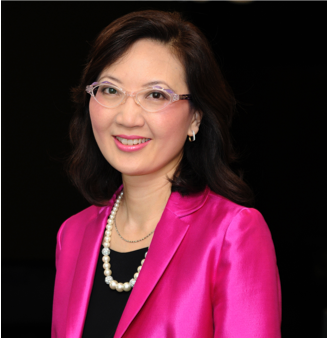
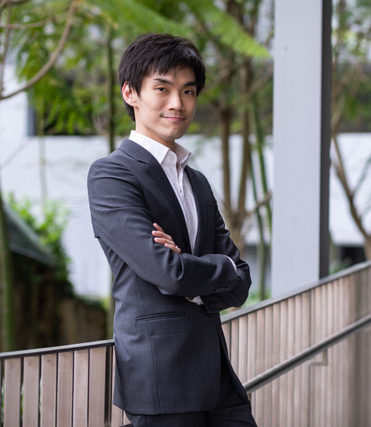
 Producer-Presenter, CatholicSG Radio
Producer-Presenter, CatholicSG Radio